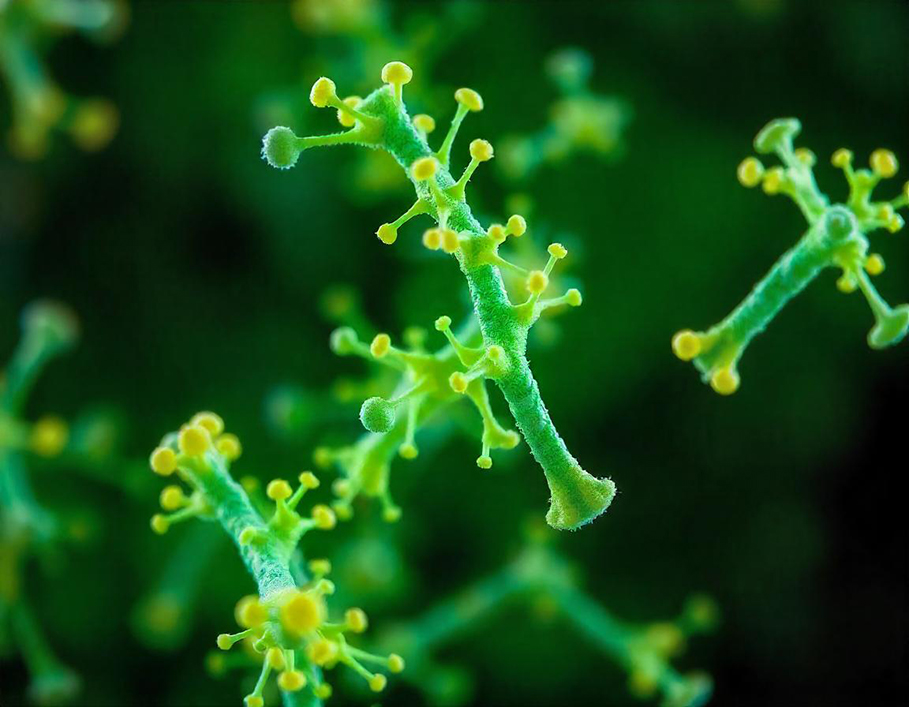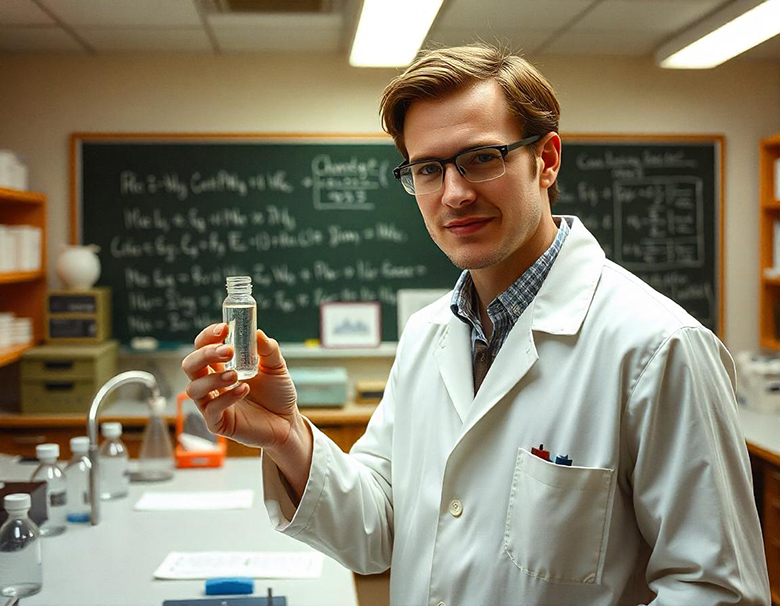¡Monoclonal antibodies, are now everywhere – Part 1!
And as always, several Nobel Prize winners behind
Antibodies are molecules produced by the body to combat various attacks. Monoclonal antibodies are similar, but are produced in a laboratory.

They can be used alone, or they can be used to carry drugs, toxins, or radioactive substances directly to target cells.
It all started with the concept of the “magic bullet”
Paul Ehrlich ( Nobel 1908) was a German physician and immunologist who pioneered the term “complement” in 1899 as part of his research on immunology.

Ehrlich then created the concept and idea of the “ magic bullet” to refer to “ ideal therapeutic agents” that can act specifically against a particular aggressor, but without causing damage to healthy host cells.
The fascinating empire of monoclonal antibodies was beginning to take shape…..
